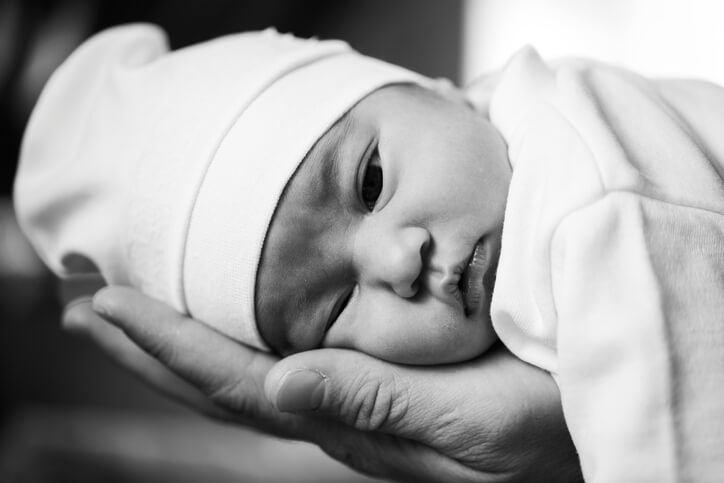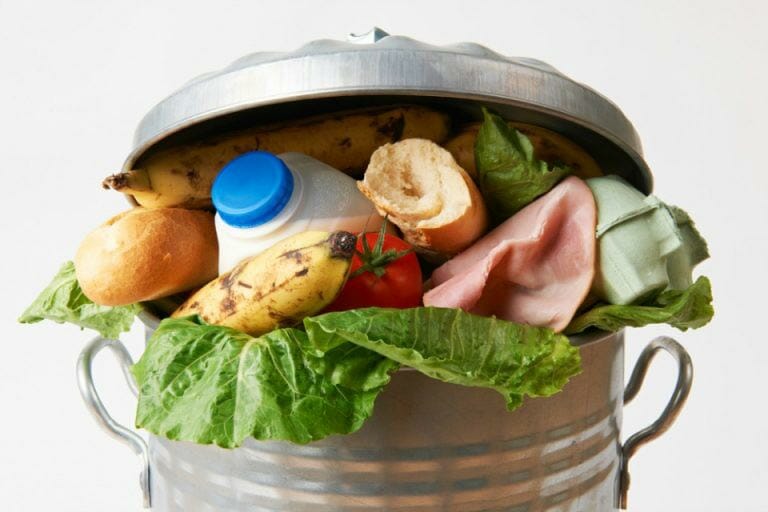Warning – you’re most likely to get pregnant at Christmas
Warning – if you are not in the market for a new baby – then you should read this!
As well as it being the season to be jolly – it would also seem that it is the season for contraception because, by nature, our bodies prepare to conceive according to temperature and day length”
EVER noticed that you’re inundated with birthday parties as soon as we get to summer?

Well, it’s because most people in the northern hemisphere were conceived in winter – around Christmas.
Writing for The Conversation, Professor Michaela Martinez from Columbia University Medical Center and Kevin Bakker from the University of Michigan say that we’re more like to conceive around the festive season.
And it’s nothing to do with being more drunk and less careful after Christmas parties, or the fact that it’s colder outside
“It turns out reproduction is seasonal across all living organisms, from plants, to insects, to reptiles, to birds and mammals – including human beings,” they said.
“The ultimate explanation for this phenomenon is an evolutionary one.”
The phenomenon is known as “birth seasonality”.
In northern countries and regions, births tend to peak in June or July – while the more south you go, the more that tends to get pushed towards November.
“Globally, popular birthdays follow a similar pattern with peaks occurring earlier in the year the further north you get from the equator – for instance, Finland’s is in late April, while Jamaica’s is in November.
“And in the U.S., states further south, like Texas and Florida, experience birth peaks that are not only later in the year, but also more pronounced than those seen in the North.”

The trends seem to be influenced by the changes in local temperature and day length, rural populations tend to have a more dramatic seasonal birth pulse than urban populations – probably because people in the country are more influenced by environmental factors.
“As in other animals, these environmental changes could drive seasonal changes in fertility.
“This means that, rather than just an increase in frequency of sexual intercourse, female and/or male fertility may change throughout the year, as an endogenous biological phenomenon, making people more likely to conceive at certain times – with the prerequisite of sexual intercourse, of course.”
For animals like deer, females get pregnant in the winter and give birth in the spring when they know there’ll be plenty of food for little ones to thrive.
“Humans may not be so different from other mammals.
“Day-length has the potential to influence human fertility and it does seem to explain the patterns of birth seasonality in some places, but not others. In addition to the length of day, researchers have shown that social status and changes in the standard of living also affect birth seasonality.
“There seems to be no single driver for birth seasonality in people, with an array of social, environmental and cultural factors all playing a role.”

That can also have a role in disease prevention.
Babies have some immunity from their mums, but those born in the summer are more susceptible to illnesses in colder weather as their hereditary immunity has worn off.
That immunity is most effective in protecting babies only for the first three to six months, while infection diseases tend to peak in the winter and spring months.
We’re kind of starting to lose our birth seasonality, which the scientists say is partly down to social factors like pregnancy planning.
“This loss of birth seasonality may be partially due to social factors, such as pregnancy planning and the increasing disconnect humans have with the natural environment and, therefore, the seasons,” they said.
“The root of this change is likely tied to industrialization and its downstream societal effects, including indoor work, fewer seasonal jobs, access to family planning, and modern housing and artificial light that obscures the natural day length that could influence fertility.
“Whatever the cause of birth seasonality, one thing remains clear, right now remains the prime time for conception.”
So if you’re not in the market for kids right now, make sure you take extra care!
Want to stay on track this festive season?

Join the 28 Day Weight Loss Challenge today for only £1 for 28 Days Access– it’s an affordable, customisable program designed to help mums reach their weight loss goals and improve their health.
Our Challenge entails:
- Hundreds of at home exercise routines (no gym needed) – with video instruction
- Customisable and breastfeeding friendly meal plans
- Time-efficient exercises for busy mums – under 30 mins
- Challenge combines Pilates exercises with interval and circuit training (HIIT)
- Suitable for basic to advanced fitness levels
- Thousands of EASY-TO-MAKE recipes!
To find out more on the 28 Day Weight Loss Challenge click here.



